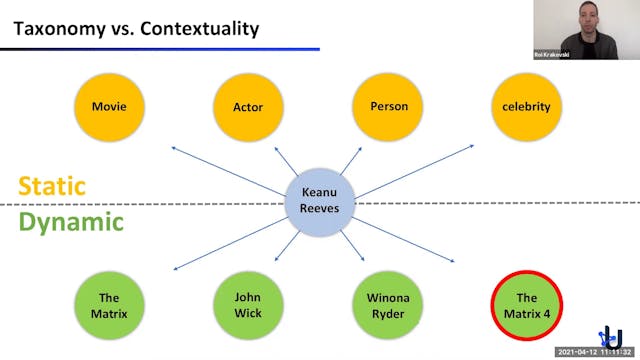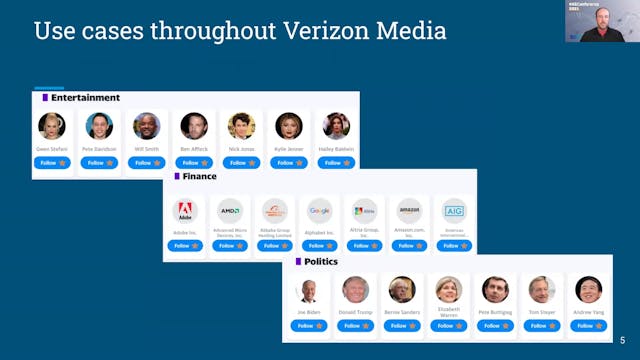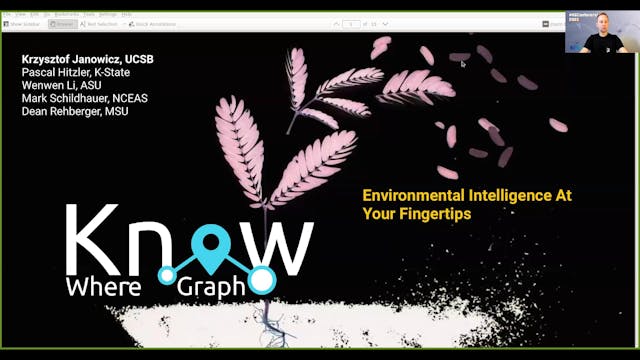Chris Welty | Shopping Sense: Bringing Common Sense To Worldwide Shopping
KGC21 | Conference Only Pass
•
21m
Knowledge Graphs (KGs) continue to penetrate the industrial world after Google's famous "things not strings" was used to explain their acquisition of FreeBase ten years ago. While many KGs exist, they are by and large little more than "entity catalogs", missing entirely the links between those entities. At Google, we recently launched a new enhancement to search that allows product queries, such as "Milk", "Celery" or "12 string guitar", to return local results - places on maps, nearby, that sell the product. The challenge to making this work is that 70% of stores worldwide - and 40% in the US - do not have a web page, Google's primary data source for search. To overcome this challenge and extend our understanding of small-medium sized brick&mortar shops, we used a unique combination of Knowledge Graphs, AI and Human Common Sense, that demonstrates both the promises and limitations of AI in solving practical business problems.
Presented by Chris Welty, a senior research scientist working at Google, provided a new algorithm that is being developed at Google that makes use of knowledge graphs to better tailor to customers search results. Chris shares with KGC the fruits of Google's labor presenting the ideas that were used to show that scalability of graphs and showing how it can be useful for customers is very important.
The way Chris shows what Google is using is through an example showing how users can enter a search and users can find local products of it even though the stores or locations don't even have online presence through "knowledge acquisition". #knowledgegraphs #knowledgegraphconference #knowledgegraphsearchengine #knowledgegraphgoogle
Up Next in KGC21 | Conference Only Pass
-
Roi Krakovski | The Usearch Contextua...
We exploit the recent breakthroughs in Neuroscience to build web search engines based entirely on AI-generated data, thus eliminating the need to collect users’ data. We show how to generate search queries that are almost identical to real users’ queries. We use the generated queries to build a ...
-
Mike Welch | Serving A Web Scale Kno...
The Yahoo Knowledge Graph powers entity data for user experiences across multiple products at Verizon Media, from search to media to ads. Nodes in the knowledge graph correspond to real world entities: people, places, movies, sports teams, and so on. The edges represent semantic relationships bet...
-
Krzysztof Janowicz | Know, Know Where...
The KnowWhereGraph project aims at providing a densely interlinked knowledge graph for environmental intelligence applications and situational awareness services (area briefings) that enrich the data of decision-makers and data scientists with pre-integrated data custom-tailored to their spatial ...



